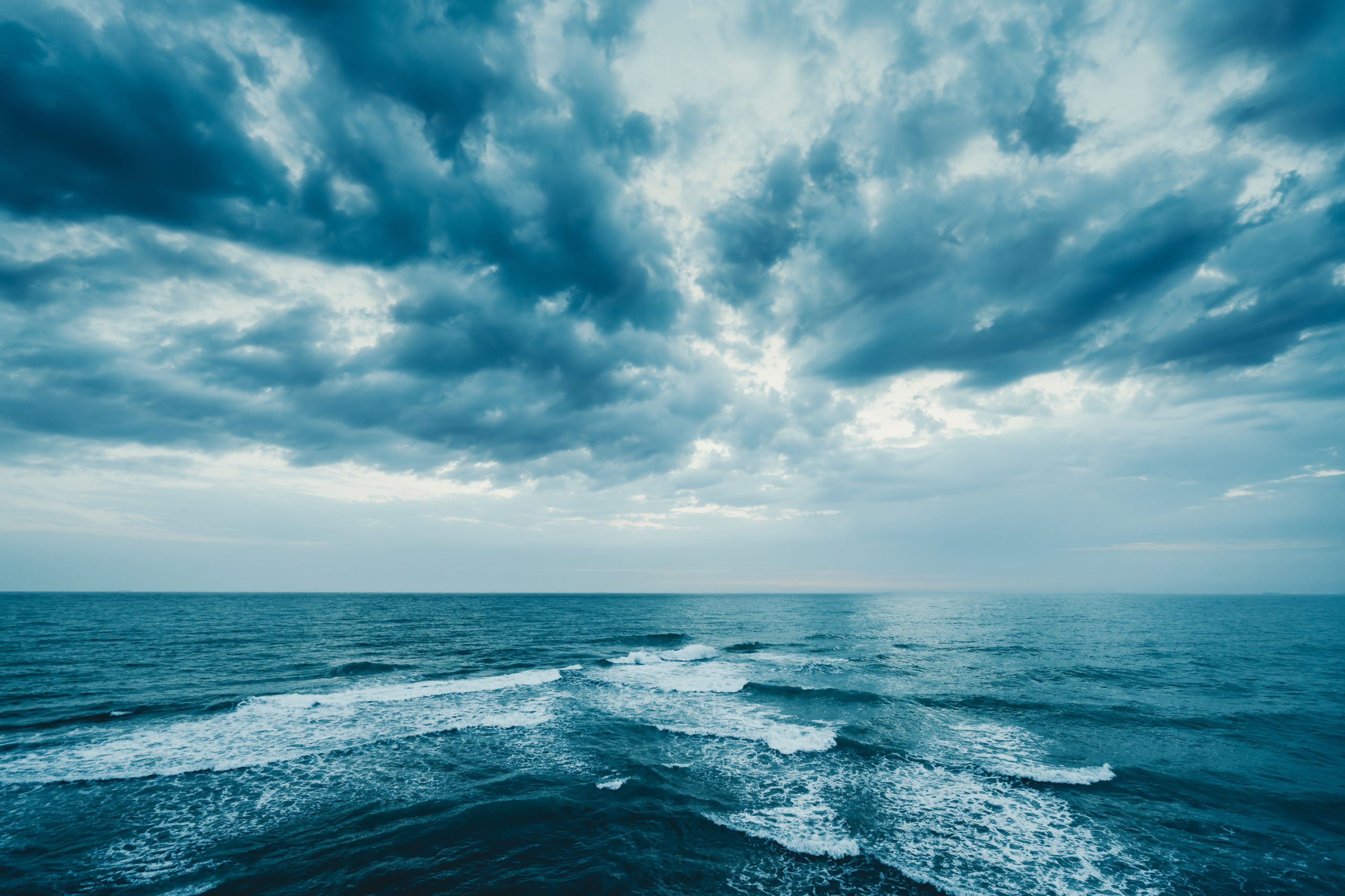August 31, 2022
As the hurricane season progresses, we are beginning to hear about developing storms and their possible impact. Although it has been a slow start to the hurricane season this year, forecasters have predicted another above-average season, lasting through November 30. Protect your family and your property by developing a hurricane safety plan with tips before, during, and after a storm. To protect your home and your family before a storm, consider the following hurricane safety precautions:
Developing and updating your hurricane safety plan can bring peace of mind to you and your family throughout the hurricane season. In your hurricane safety precaution planning, identify and document where you will evacuate and how you will get there. If you require assistance in your travels, it is important to plan in advance. Communicate with your network for guidance and document your plan.
Create a list of the materials you will need in the event you cannot return to your home for a prolonged period of time, such as food, water, medicine, pet supplies, etc. Stock up on these items before the storm hits. Keep your medical and financial records in a safe place to take with you.
It is recommended that you also fill your gas tank completely in the event that severe damage in your area causes gas stations to be inaccessible for several days.
 2. Sign up to receive severe weather alerts.
2. Sign up to receive severe weather alerts.Communication is critical before, during, and after a hurricane or tropical storm. Ensure that you have access to reliable and updated weather information as the storm progresses. Download the Federal Emergency Management Agency (FEMA) app on your phone to get real-time storm updates from the National Weather Service. If you lose power during the storm, find a reliable news station and purchase a hand-crank or battery-powered radio as a backup.
Inside your home, document your belongings with a video in the event that you need to report a claim. This video will serve as your home inventory and will ease the claims process in the event your belongings are damaged. In preparation for power loss, consider installing surge protectors before the storm to avoid damaging electronic devices.
Outside of your home, close and lock all windows and reinforce them, if necessary. Secure or store outdoor items like furniture and garbage cans in a safe location. Clear gutters and downspouts to avoid water damage, allowing the rain to flow away from your home. If you notice any rotting tree limbs close to your home, trim them back with caution, or contact a professional. Call a professional to handle large and hard-to-reach limbs or full-size trees. If you have a generator, test it ahead of time and ensure that you have extra gas in advance.
When a hurricane or tropical storm watch or warning is issued, your independent agent cannot make changes to your homeowners policy. Your hurricane safety precautions list should include an early review of your homeowners coverage with your independent insurance agent. A yearly review of your coverage will ensure that you, your family, and your property are protected in the event of a detrimental storm or hurricane.
Share